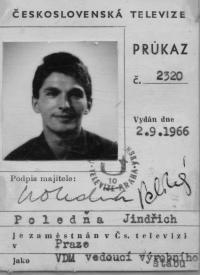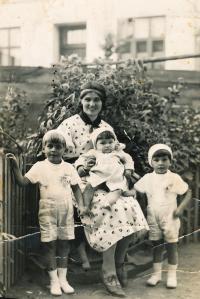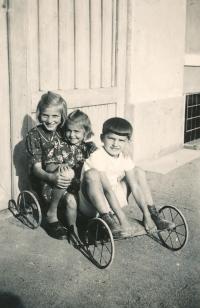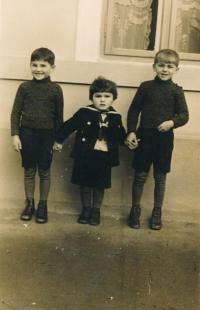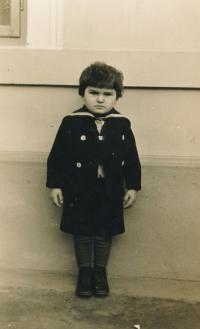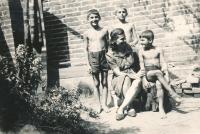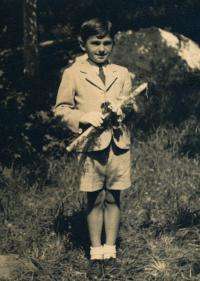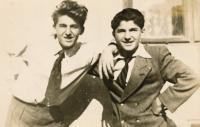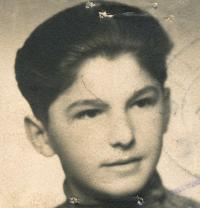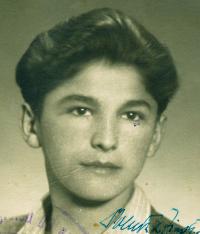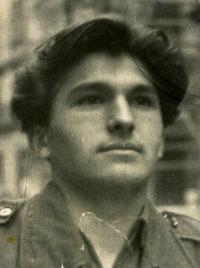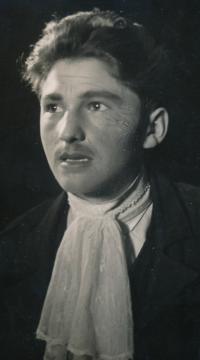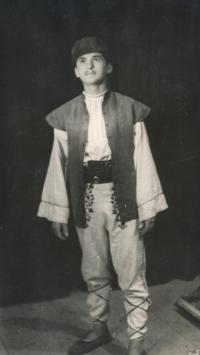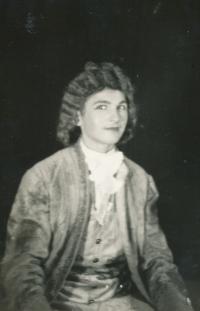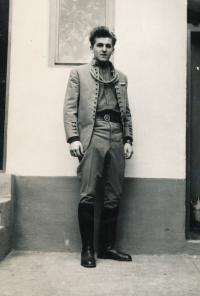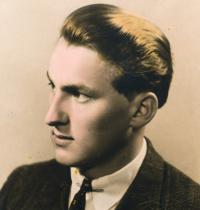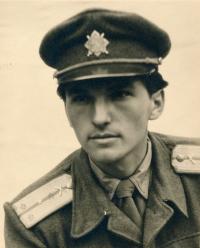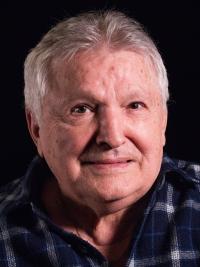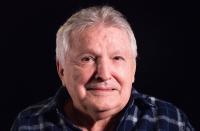I dishonoured a Soviet heroic song
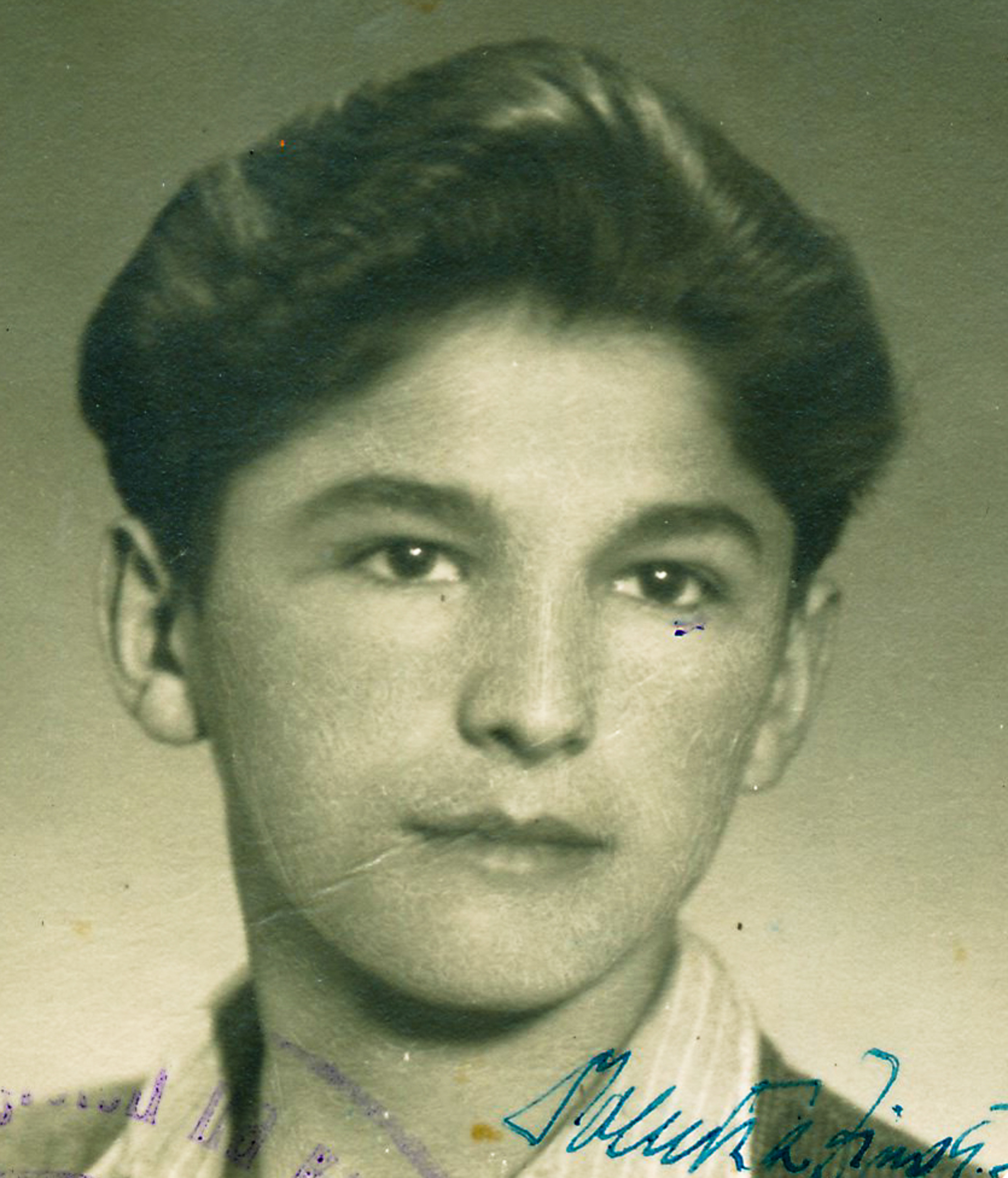
Download image
Jindřich Poledňa was born in 1934 in Štikovice, a small village near Brno. He was injured in the war during an air raid on Brno and spent a few months in the hospital. He saw the end of the war at home already and was witness to heavy fights around Brno. After primary school he trained to be a tailor but he had hopes for an actor’s career. He applied for DAMU where he was accepted after taking the labourer’s graduation exam. He studied acting from 1953 to 1955, when he was expelled from the school for dishonouring a Soviet heroic song. He made himself a name already as a student thanks to his exceptional talent and acted in many films. He completed his studies in 1958 at the Department of Alternative Theatre. He then specialised in film. He acted, among other films, in Ice Men, Easy Life, A Fool’s Chronicle or Transport from Paradise. In the 1960s he worked as the director of the production at Barrandov. After August 28, 1968, he and his family decided to emigrate and on September 3 they boarded the train to West Germany. After a few months they left for Switzerland, where Jindřich lived until 1990. In Switzerland he founded a film and TV studio under Credit Swiss bank. After the revolution he returned, already as a pensioner, to Czechia.
